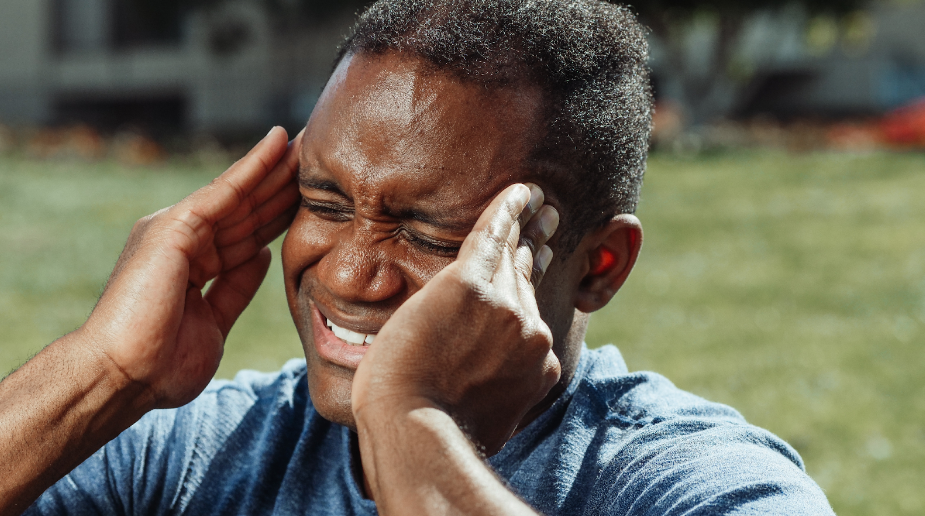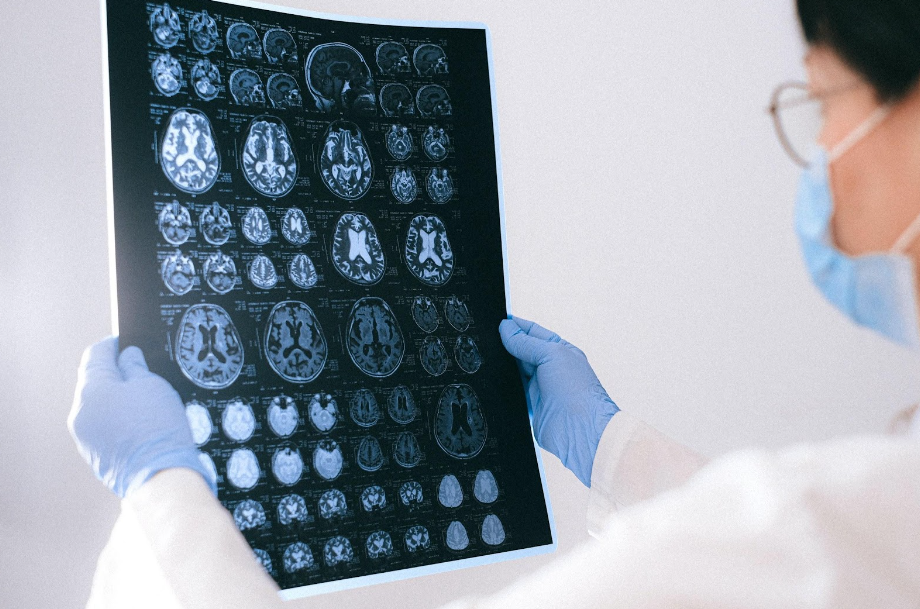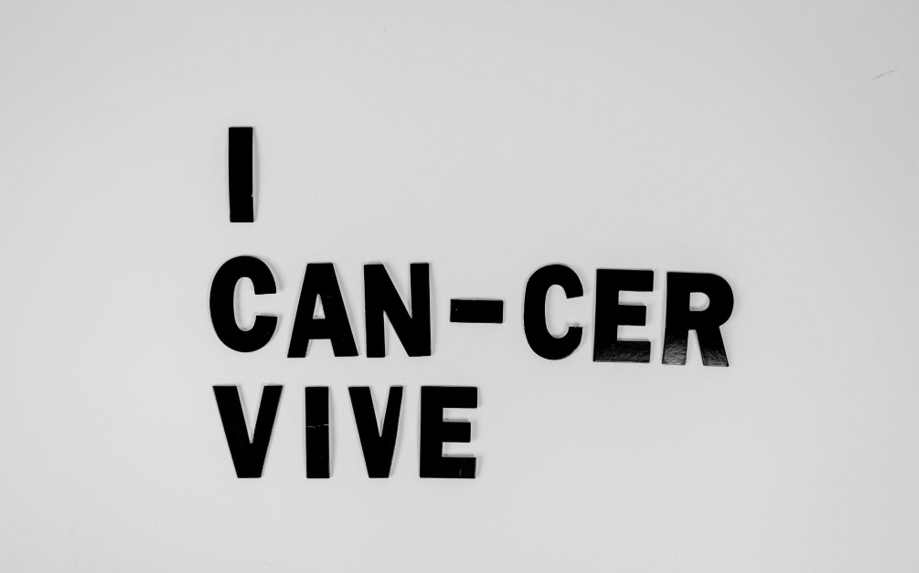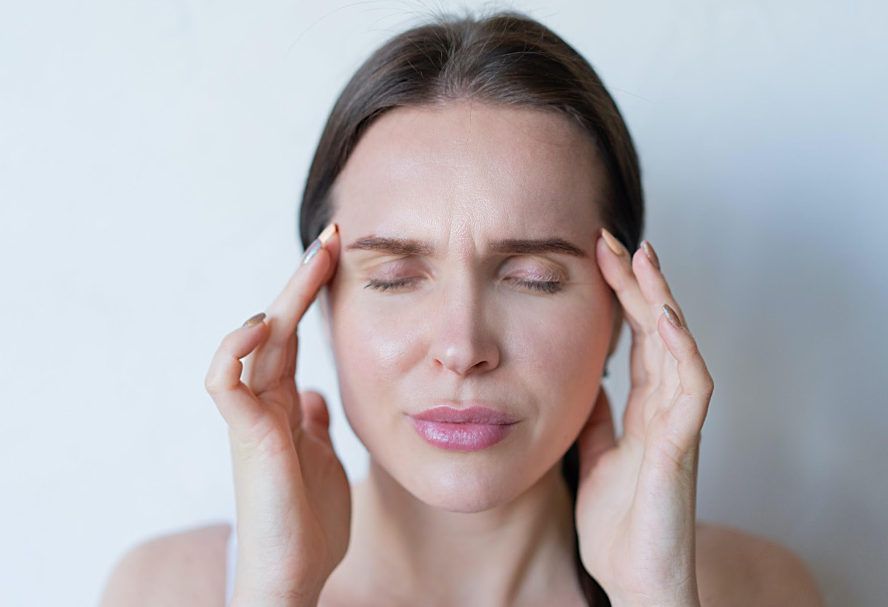Top Ten Migraine Triggers and How to Deal with Them
Top Ten Migraine Triggers and How to Deal with Them

A migraine causes a pulsing or throbbing pain in the head, usually on a particular side. In extreme cases, it can also result in nausea or vomiting. The person may also become too sensitive to light or sound. At times, migraines can last for days, and several triggers may start and aggravate them.
The symptoms of the onset of migraine usually go through four stages—the prodrome, aura, attack, and postdrome stages. In the prodrome stage, the patient may have constipation, and stiffness in the neck, accompanied by food cravings and fluid retention, among others.
The aura can be flashes of light, blind spots, or a dizzying sensation. These could be difficulties in speaking or moving the limbs. The attack stage could last up to 72 hours or so, and in the postdrome stage, the patient may be left confused and feeling spent for a day or so.
Medications are available to treat migraine, but understanding the triggers can help you prevent them and deal with them more effectively. Here are the top ten triggers for migraine and how to cope with them.
Stress and Anxiety
Stress and anxiety are among the most significant inducers of migraines, which is why anxious people are likely to have them more. The stress of daily life makes them more vulnerable to migraine attacks, and they always remain anxious about when the next attack will strike, making them prone to the next attack sooner.
Coping Strategies
It would be best if you tried to form a routine and reduced stress from your life as much as possible. If you cannot avoid your work stress, then balance it with something less stressful right after work, like pursuing a hobby. Join a yoga class or meditate to reduce anxiety. You can also speak to a therapist for a more relaxed state of mind. Regulating how your body responds to stress can significantly reduce the onset of migraines.
Lack of Sleep
Lack of adequate sleep is another cause of migraine. Your brain needs to relax to recuperate, and irregular sleep patterns do not let that happen. Studies have shown that most migraine attacks occur between 4 AM and 9 AM, and lack of good sleep increases the risks of an attack.
Coping Strategies
You have to ensure you get at least 8 hours of sleep per night. Avoid anything that can hinder your sleep, like loud music, bright light, or blue light from devices. Create a calm atmosphere by putting on relaxing music, getting a massage, and going to bed at a fixed time. If you follow a routine, your body clock will become more attuned to sleep and rest.
Hormonal Imbalance
Hormonal imbalances can trigger migraines; women are more likely to have them during their menstrual cycles. The change in estrogen and progesterone levels at this time increases the risk. Men may also experience hormonal imbalance from lifestyle issues or any medication they might take.
Coping Strategies
Changes in lifestyle and diet, along with medicines to stabilize hormones in the body, can help prevent the attacks to a certain degree. However, it would be best if you never opted for over-the-counter drugs to treat hormonal imbalances and should always seek the advice of a gynecologist or headache specialist.
Too Much Caffeine or Alcohol
Those with migraines may be at a greater risk of attacks if they have too much alcohol or coffee. While some arguments show a little bit of coffee may prevent migraines, it largely varies from person to person. However, since coffee and alcohol may disrupt sleep patterns, consuming them in minimal quantities is advisable if you are prone to migraines.
Coping Strategies
Try to figure out a pattern of whether you have increased migraines just after consuming coffee or alcohol. If so, then drop them from your diet as much as possible.
Weather Fluctuations
The weather may affect people differently when it comes to migraines. You may either get a headache due to a severe cold or because you are sweating profusely. In such cases, your migraines are seasonal and could be triggered more at particular times of the year than in other months.
Coping Strategies
If the weather triggers your migraines, you should try to regulate the indoor temperature as much as possible. While you cannot do much when you step outside, you can regulate indoor temperature using AC or HVACs. You can also use an air purifier to clear the air of dust particles and germs, which may induce sneezing and headaches.
Diet
While this differs from person to person, some migraine attacks are triggered by excess sugar or the salts and preservatives in processed food. Chocolate, cheese, MSG, or anything with a pungent smell can also trigger your migraine. Moreover, if you stay without food for a long time, you may also get a headache from gastritis.
Coping Strategies
Following a healthy diet can be beneficial for health in several ways, migraine being one of them. Add leafy greens to your diet, and eat regular meals to avoid going hungry. Avoid processed food or food with a strong smell that can induce nausea or migraines.
Dehydration
Another trigger for migraine is dehydration. Most people make the mistake of drinking fizzy drinks, alcohol, or strong beverages when thirsty, but that does not help with hydration. This only dries out the body more from the inside but does not let the brain recognize that it is dehydrated, which can cause migraines.
Coping Strategies
The best way to combat this problem is to have lots of water. Carry a bottle if you have to work outdoors for extended periods. Have plenty of fruits and fruit juices, which will also help with the intake of necessary fiber and minerals, apart from just keeping you hydrated.
Strong Light
Some patients with migraine have a condition called Photophobia, triggered by intense light. This could be lights from fluorescent bulbs, strong headlights, or prolonged exposure to blue light from devices. Staying indoors in artificial lights and lack of sunlight can also cause migraines.
Coping Strategies
It is a good idea to keep away from devices as much as possible. If you have to use them, always use the lowest brightness setting. Reduce your exposure to solid light by keeping shaded glasses with you at all times. You must also avoid flickering lights that can disturb your sight and create flashes.
Strong Odor
Any strong smell can aggravate your migraine as it can activate certain nerve receptors. Osmphobia is a common type of migraine that is triggered by smells.
Coping Strategies
It is advisable to avoid perfumes with strong smells and to stay away from anything that you know has a strong odor—like gasoline or some kinds of chemicals. Some kinds of strong food, like raw fish, can also be triggers, so stay away from places where you are likely to be exposed to them.
Medication
While you may have to take some medicines for some health issues, they may cause your migraines as a side effect. You may also be overusing some medicines, which can also be a trigger. Such migraines are known as Medication Overuse Headaches or MOH. You may not notice this at first, but if you see a pattern between some medicine you take and your headache, you must tell your doctor.
Coping Strategies
You must speak to your doctor and ask for alternative medicine in limited doses to cope with your migraine. Never try to change the medicine yourself, and always tell your doctor about the nature of the headaches and how it affects you when you get them. Your doctor will suggest an alternative for you.
At IGEA, Brain, Spine, and Orthopedic, treating our patients with utmost care to enable them to live a holistic lifestyle is of paramount importance to us. We have expert physicians and specialists who tailor a treatment plan according to the patient's conditions. We provide advanced healthcare and treatment facilities using cutting-edge technology for your brain, spine, and bone health.
Call us for an appointment today, and we assure you that you will be in the safest hands.







